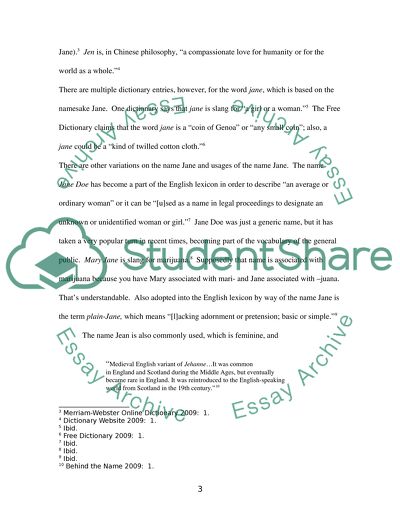Cite this document
(“English Lexicon Essay Example | Topics and Well Written Essays - 2000 words”, n.d.)
English Lexicon Essay Example | Topics and Well Written Essays - 2000 words. Retrieved from https://studentshare.org/english/1522771-english-lexicon
English Lexicon Essay Example | Topics and Well Written Essays - 2000 words. Retrieved from https://studentshare.org/english/1522771-english-lexicon
(English Lexicon Essay Example | Topics and Well Written Essays - 2000 Words)
English Lexicon Essay Example | Topics and Well Written Essays - 2000 Words. https://studentshare.org/english/1522771-english-lexicon.
English Lexicon Essay Example | Topics and Well Written Essays - 2000 Words. https://studentshare.org/english/1522771-english-lexicon.
“English Lexicon Essay Example | Topics and Well Written Essays - 2000 Words”, n.d. https://studentshare.org/english/1522771-english-lexicon.


